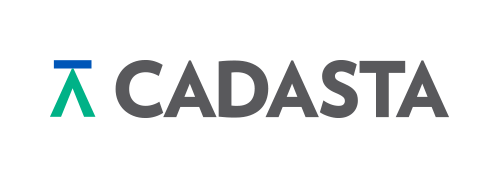Almost half of the world’s urban population lives in informal settlements (also known as slums or shanty towns) where they are socially and politically excluded and lack access to basic public services and amenities. The number of people living in urban and peri-urban settings has increased exponentially in the past century.
Around the world, city officials and local and international organizations are looking to gain a better understanding of how many people are living in informal settlements and are in need of public services. Cadasta’s tools make it easier than ever to efficiently document, analyze, manage, and share critical land and resource rights information.
By creating an accessible digital record of land, housing, and resource rights, we empower residents of informal settlements, as well as the organizations and governments that service them, with the information they need to make data-driven decisions and put vulnerable urban communities and their needs on the map.







